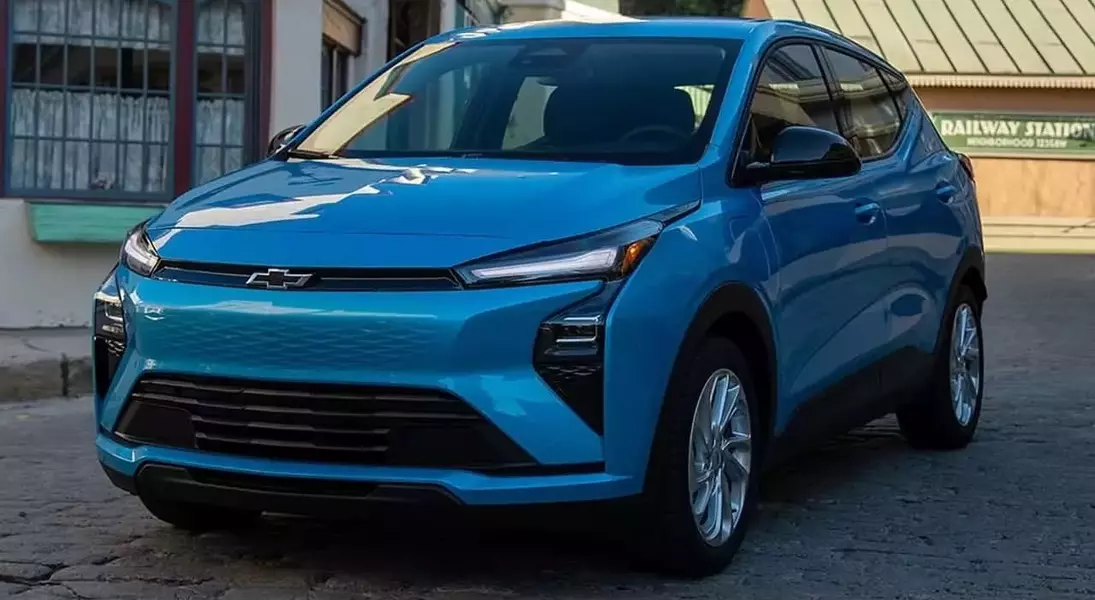









Redefining Value: The 2027 Chevrolet Bolt's Market Debut
America's Most Accessible EV: Pricing and Availability
Chevrolet's updated Bolt is positioned to become the most budget-friendly electric vehicle available in the United States, surpassing its rivals in affordability. The crossover-style variant, launching in early 2027, will begin at an estimated price of $29,990, inclusive of all delivery charges. A more economical LT version is anticipated to follow a few months later, priced even lower at $28,995. This strategic pricing allows the Bolt to undercut other entry-level EVs, making electric mobility more accessible to a wider audience.
Significant Charging Enhancements and Battery Specifications
A major improvement in the 2027 Bolt is its charging capability. The previous model's fast-charging rate of 55 kW has been nearly tripled, with the new version supporting up to 150 kW. This means the 65-kWh lithium-iron-phosphate (LFP) battery can reach an 80 percent charge from 10 percent in approximately 26 minutes, utilizing a Tesla-compatible NACS connector. Furthermore, the estimated driving range on a full charge has modestly increased to 255 miles, offering greater convenience for daily commutes and longer journeys.
Design Philosophy and Powertrain Updates
The new Bolt, which drops the 'EUV' designation, represents an evolutionary step rather than a complete overhaul. Production will take place in Kansas City, maintaining its familiar aesthetic. Under the hood, it incorporates the front-mounted single motor also found in the electric Equinox, now boasting a slightly increased output of 210 horsepower.
Interior Technology and Driver Assistance Features
Inside the cabin, the 2027 Bolt features a contemporary setup with an 11-inch digital instrument cluster and an 11.3-inch central touchscreen for infotainment. For those seeking a sportier aesthetic, an RS trim will be available, priced around $32,000. Advanced functionalities such as bidirectional charging and a heat pump are included, alongside the option for General Motors' Super Cruise hands-free driving system. However, a notable exclusion for some users will be the absence of Apple CarPlay.
Competitive Landscape in the EV Market
The reintroduction of the Chevrolet Bolt solidifies its position in the increasingly competitive electric vehicle sector. It continues to face off against vehicles like the Nissan Leaf, while larger rivals such as Tesla's Model 3 Standard and Model Y Standard remain at higher price points, starting from $38,630 and $41,630, respectively. The market is also expecting more affordable electric options, including a $30,000 electric truck from Ford and an even more basic pickup from the emerging manufacturer Slate, signaling a growing trend towards more accessible EVs.
